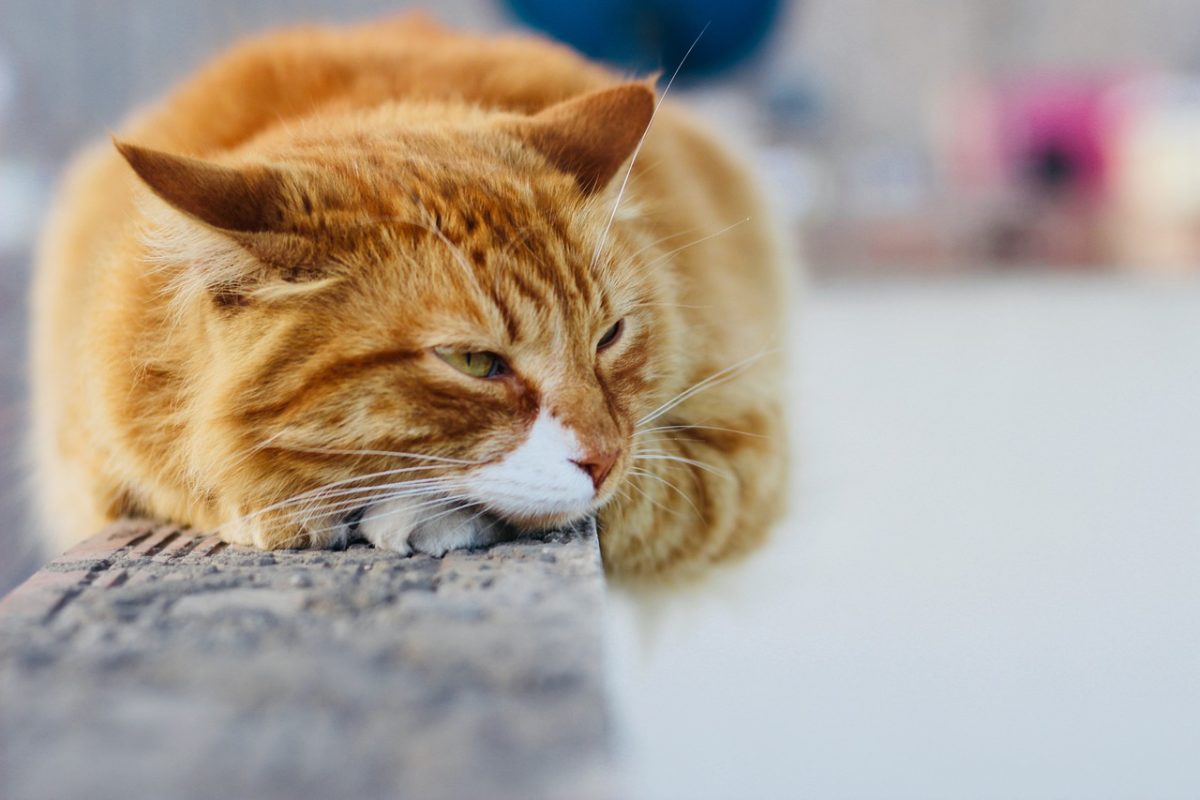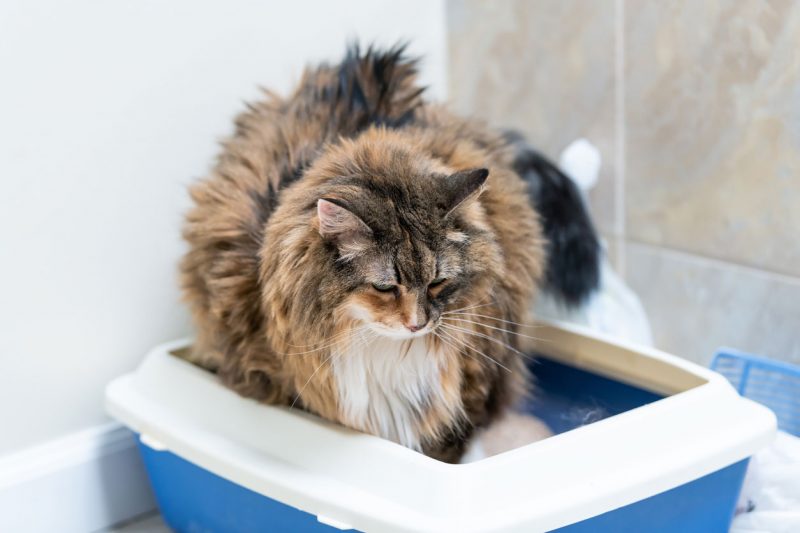Felines are not picky eaters, but they are not omnivores either. Every cat’s favorite food is meat, in any form. That’s why a healthy cat poop is thick and can be easily picked up from a litter box. Any change in color and consistency can point out some problems in their gastrointestinal tract.

Cat owners worry the most when they notice a loose stool in their furry pets. Diarrhea is never a disease, but a symptom that there is something in the body that is a real problem. The body tries to eliminate it quickly. The organism speeds up the intestines’ work and reduces the absorption of water. That is why this water passes into the stool, flushing toxins on its way.
Other concerns may be the appearance of constipation or traces of blood or mucus in the stool. If you notice signs of soft stools or constipation in your feline, some home treatments can help and save your pet from going to the vet. At this link, find out in which situations going to the animal doctor is necessary.
Loose Stool
There are many triggers of loose stools in cats. It can include everything from bacteria and parasites to food allergies and more severe conditions such as cancer. A change in diet is a common thing that can cause loose stool. Some felines have sensitive stomachs so that many foods can upset their tummies.
If your pet has diarrhea that lasts less than 24 hours from time to time, you should try with a diet changing. Not drastic, because felines are primarily carnivores and they need meat proteins. But it is not a bad idea to introduce some mild foods rich in fiber into their diet.
Water and Fibers
You can try rice or canned pumpkin. These foods don’t have a strong taste so that you can mix them into cat food or a home-made meal. When it comes to meals, make sure they contain a few ingredients as possible. For example, you can blend one-third of a cup of the cooked chicken with two-thirds of a cup of cooked rice. Mashed food is easier to digest and will not irritate the cat’s intestines.
Remember the importance of hydration. Cats don’t drink too much water, so the amount they lose through a loose stool can seriously harm them. Increase their water intake; if your pet doesn’t want to drink it, mix a tablespoon or two of water into food. Also, you can give beef or chicken broth to your feline. That will help them regain lost electrolytes as well.
Inflammatory Bowel Disease
The appearance of watery stools in your fur ball can sometimes indicate an infection of the gastrointestinal system. IDB (inflammatory bowel disease) is an immune disorder, and besides diarrhea, its symptoms are weight loss and vomiting.
This disease might sound scary, but it’s treatable. Some home-made methods can help to normalize the animal’s stool. But if you suspect this problem, it is recommended to take your kitten to the vet as soon as possible.
One of the very beneficial natural remedies for IDB syndrome is cannabidiol. This hemp derivative should be used in the form of CBD oil, and given to the cat directly in the mouth. As seen on https://petcbdcommunity.com/home-remedies-for-blood-in-cat-stool/, CBD successfully treats inflammation and pain. And when the animals are not in pain, it will be less nervous and irritable.
In some cats, IBD can occur as a reaction to a food allergen. Changing their diet is one solution. You should try to make your pet’s meals as simple as possible. For this treatment to be effective, the most important thing is to cut other food sources. So no treats, leftovers from the table, even chewing toys that have some taste. All of the above may contain an ingredient to which the animal is allergic.
Remedies for Constipation

Cats are very active animals by nature, and lack of physical activity can be problematic. One of the side effects of the ‘lazy’ lifestyle in felines is constipation. Inactivity slows down their metabolism, and discharging problems can occur. Also, too little intake of water, swollen hair or a low-fiber diet can cause colon blocking.
If a cat has mild constipation, a vet may suggest something to soften their stool or a laxative to provoke bowel movements. If you want to avoid medications, help your pet by adding natural fiber to their food. Pumpkins, cereals, barley flakes, or natural bran are helpful.
Regarding grains and flakes, you should soak them in water to soften and pass through the cat’s intestinal tract more easily. Don’t use more than one tablespoon for a single meal. Avoid kibbles because they will worsen the dehydration in felines.
Liquid paraffin or paraffin oil belongs to the group of laxatives that ‘lubricate’ the intestines. This ingredient can help both animals and humans. Cats don’t need high doses; apply one-third of the spray, twice a day, until your pet finally discharge bowels (but no more than five days). Avoid castor oil, which is an excellent laxative, but only for human use. For cats, this ingredient can be toxic.
Importance of Hydration
Optimal water intake is of great importance for good digestion. Since cats are not known to be water fans, they can experience stool issues quite often. Make sure that your fur ball always has a bowl of fresh, not so cold water.
Although milk and dairy products are natural laxatives, these are not recommended for cats having bowel discharge issues. Eventually, you can give a minimal amount of cold milk to cats that don’t usually drink it. Or try yogurt enriched with probiotics.
Don’t give drugs to your cat on your own, especially human medicines, without consulting a doctor. Some substances are pleasing to you, can be dangerous to animals. Also, the doses vary. Home-made remedies for stool in cats can help, but for any problem that lasts longer than three days, it is necessary to see a vet.
Leave a Reply